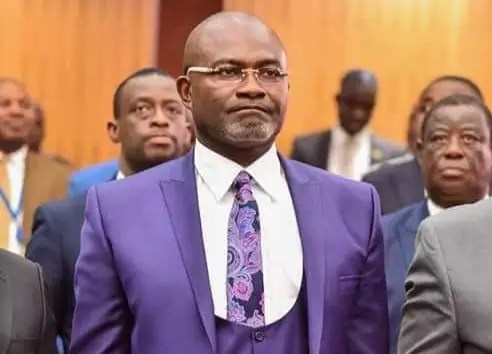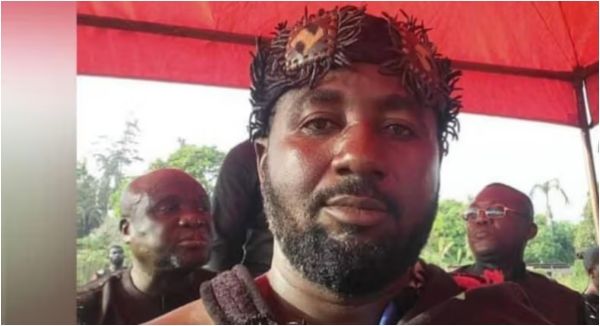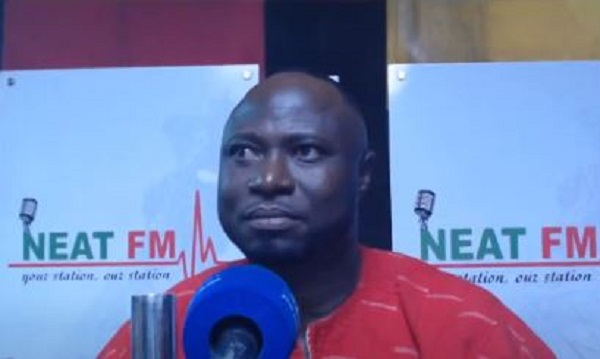
Historic slavery reparations hearing sparks heated debate

The first congressional hearing in a decade to discuss compensation for the descendants of US slaves has seen heated arguments from both sides.
Some witnesses said reparations would damage the relationship between white and black Americans, while others said it was imperative to achieve justice.
Several Democratic White House hopefuls have taken up the idea of reparations.
But Republican leader Mitch McConnell has made it clear no reparations bill will pass while he controls the Senate.
The House of Representatives judiciary subcommittee on the constitution, civil rights and civil liberties said the Wednesday hearing would examine “the legacy of the Trans-Atlantic Slave Trade, its continuing impact on the community and the path to restorative justice”.
Hundreds of people lined up outside the hearing room and filled the overflow room to watch.
What are the arguments against reparations?
Asked about the issue on Tuesday, Mr McConnell told reporters: “I don’t think reparations for something that happened 150 years ago for whom none us currently living are responsible is a good idea.”
He said that “it would be hard to figure out to who to compensate”.
“We’ve tried to deal with our original sin of slavery by fighting a civil war, by passing landmark civil rights legislation,” he added. “We elected an African-American president.
“I think we’re always a work in progress in this country, but no-one currently alive was responsible for that.”
Republican witness Coleman Hughes, an African-American writer and New York student, argued during the hearing that reparations “would insult many black Americans by putting a price on the suffering of their ancestors”.
“If we were to pay reparations today, we would only divide the country further, making it harder to build the political coalitions required to solve the problems facing black people today.”
What are the arguments for reparations?
Witnesses who testified in favour of reparations included actor Danny Glover, who told the panel that such restitution would cure “the damages inflicted by enslavement and forced racial exclusionary policies”.
“A national reparations policy is a moral, democratic and economic imperative,” Mr Glover said.
Lawmakers also heard from writer Ta-Nehisi Coates, whose 15,000-word cover story for the Atlantic magazine in 2014, The Case for Reparations, reignited the whole debate.
bbc






